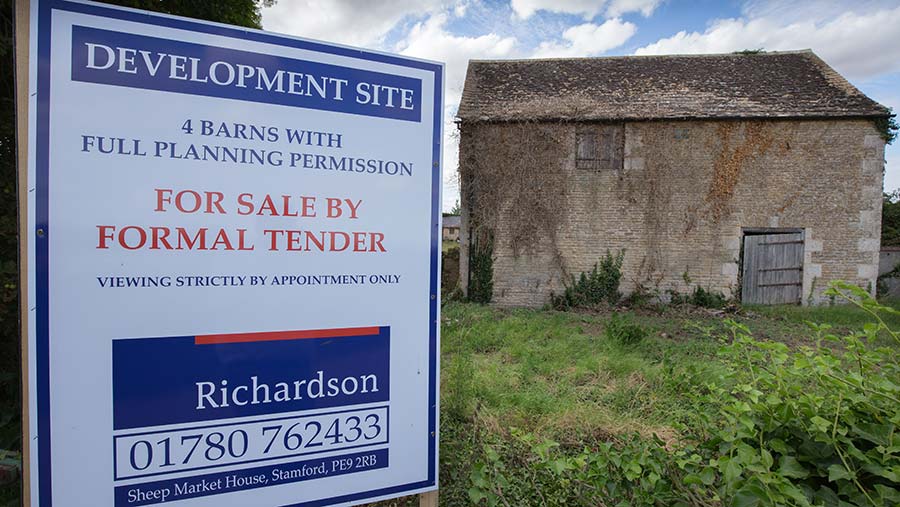Opinion: Planning officers aren’t just ‘council jobsworths’
 © Tim Scrivener
© Tim Scrivener Something farming and local government have in common is that people who probably know next to nothing about them nevertheless feel qualified to cast aspersions.
A few weeks ago, a columnist in a national newspaper lambasted Jeremy Clarkson’s local council for closing down the restaurant at his farm, calling its officers “council jobsworths”, “pen-pushing pedants”, “fusspots” and “obscure bureaucrats”.
It was probably meant to be amusing, but I found it tiresome and lazy in the way that caricaturing farmers as pesticide-loving grouches shouting “git orf moy land!” is tiresome and lazy.
Discover more about planning permission in our Know How area
I suspect the author of the article knows little about the planning process. I know a bit, which is why I wouldn’t glibly express an opinion about Mr Clarkson’s restaurant.
When I was a council lawyer, development control was a big part of my job, but the same principles applied to all of our areas of work.
Before giving advice on a proposed course of action, I trawled through statute and policy, pored over case law, and was generally what the aforementioned columnist would doubtless consider a “pedantic fusspot”.
I didn’t do this for the hell of it or so that I and my “jobsworth” colleagues could gleefully thwart anyone rash enough to use our services.
I did it because it was necessary – councils can do only those things they are either obliged or allowed to by law, and must not exercise their powers unreasonably.
My council was not against development, so long as it was appropriate and in the right place. But in weighing up a planning application of any size or complexity there can be a lot to take into account.
Statutes and regulations, national and local planning policy, the input of consultees such as the Environment Agency and Highway Authority, points raised by local people…
Throw in factors such as listed buildings, conservation areas, tree preservation orders and so on, and you can see that making a decision may be far from straightforward.
It’s not a box-ticking exercise either – professional judgement will play a part.
And let’s not forget that decisions on major or controversial applications probably won’t be made by “obscure bureaucrats”, but by elected councillors in public meetings.
Attention to detail matters because councils can be challenged if someone thinks a decision was ill-founded.
No council wants to throw public money away on appeals or judicial reviews if they could have been avoided.
Costs in planning appeals soon mount up if there is a major development at stake and both sides have engaged barristers and expert witnesses.
But if a planning application has been turned down on egregiously flimsy grounds, the council may well be ordered to pay the applicant’s costs of a successful appeal, as well as its own.
Conversely, granting permission may not be the safe option because, if its reasons for doing so were not sound, the council could find itself in court, resisting an application for judicial review from an aggrieved third party – another costly exercise.
I won’t pretend that everyone’s dealings with their local council will be delightful or have the outcome they want.
But I sincerely hope no one comes away with the impression that people who work in local government are being wilfully obstructive when they are simply taking time and care to reach the right decision.

